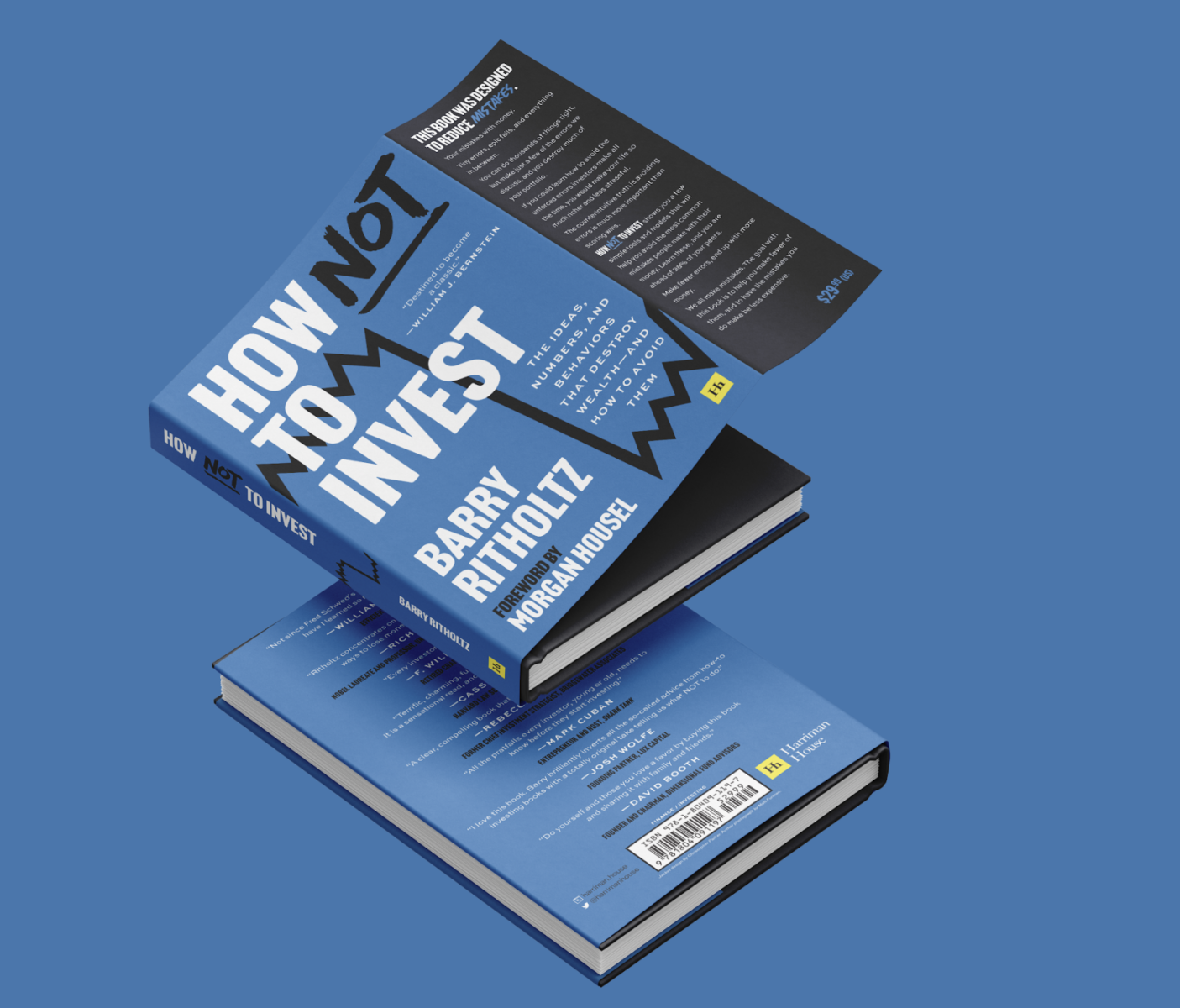Here are some other stats from this nasty storm:
- Almost 30 inches of rain in some parts of FL
- 10+ inches of rain in the Carolinas
- At least 131 deaths in the region
- Over 3.2 million lost power in the region at some point
- Current estimates are upwards of $84 billion
BUT…
… the storm is over. Well, THIS storm is over. It’s likely that it’s not the last one that the southeast US will experience, though Hurricane Ian is ranked as the 4th worst hurricane on record in the United States.
What is interesting, however, is overlaying the similarities of a hurricane with a stock market drawdown.
We’ve been riding a downward trend for 10 months now after the market peaked on the first trading day of the year. And while it’s easy to say you’d never stay invested in a losing stock market over 10 months, who do you know that sold to 100% cash that first week of January?
Most stayed invested despite the slow, steady decline because we are human, and our nature tends to hold onto an illogical sense of optimism when times are good (and let’s be very clear: things were REALLY GOOD from April 2020 through November 2021…). This “optimism bias” allows our brain to dismiss warning signs and instead cling to the sometimes-unfounded belief that things will continue on this positive trajectory just like they have to this point.
It’s the same reason that, despite massive warnings and meteorological forecasts, Fort Myers is under scrutiny for possibly not giving early-enough evacuation orders. We tend to minimize or dismiss dangers under the guise of, “it won’t be THAT bad,” or, “it won’t happen to me.” Unfortunately, that mindset is not rooted in reality, but rather in hope – something we all should maintain, but not allow to fully overtake our decision-making process.
Why live there anyways if hurricanes are a regular threat to the region? Well, are there any places on earth where weather is not a potential harm to your livelihood or life? Floods. Tornados. Blizzards. Monsoons. Drought. Heat waves. Frigid temperatures. You can never be 100% isolated from meteorological threats. But I’d opine that opportunity cost has a lot to do with why many endure the threat of hurricanes in places like Florida, because then there isn’t a hurricane, it’s a great environment to live in with some of the most favorable weather in the US.
On the same wavelength, why invest in the stock market if corrections / downturns / crashes also happen on a regular basis? Opportunity cost is your answer here… If you weren’t invested over the last 10 years, for example, you lost out on your hard earned cash simply sitting in place, doing almost nothing aside from gaining near-negligible interest from your bank. If you were invested over the last 10 years, however, you’d have seen maybe a 200-300% increase in your stock market-invested portfolio (depending on what specifically you were invested in). By investing in a market that always has the potential to decline, but sees growth over the long-term every time, you are saying, “yes, there is a risk in this, but I am willing to accept this risk due to the potential growth I can see from this investment.”
You are investing despite the hurricanes – willing to endure the hurricanes so you can golf 3 days a week, go to the beach 365 days per year, and wear sandals every day.
One thing we know for certain is that every single bear market in the history of the stock market has come to an end, and we’ve ended up in a better place than when it all started. Sometimes that turnaround happens fast (initial COVID quarantine period saw the market eclipse its pre-COVID high by mid-August 2020 – that’s quick!), while other times it happens much more slowly (i.e. the Great Financial Crisis, which took years). While inside of those negative periods, our brains turn on their “pessimism bias,” where our thoughts tend to skew towards the negative, insinuating things will never get better and we are doomed.
The truth is rather somewhere in between – as it always seems to happen.
I can’t tell you how to get through a disastrous hurricane, but I can tell you that getting through a painful market crash can be as simple as focusing on the short-term (do you have cash readily available for the coming 6-12 months?) and tuning out the noise (consider how optimistic market headlines can be these days… certainly they do not add value or peace to your day-to-day). It certainly doesn’t mean you should not be invested, or that you shouldn’t continue to invest, though it may force you to consider what your true tolerance for risk is. Is it worth sharing your fears and concerns with your financial advisor in order to better align your investments with your ability to tolerate risk (even mentally / emotionally)?
Unequivocally, I would say yes. Tell your advisor if this current market has you feeling uncomfortable to the point where you want to bury all your money in the ground rather than invest, but be willing to consider a plan that you and your advisor devise together to alleviate your short-term fears while still taking advantage of the large (but sometimes risky) benefits of investing in the market.
Remember, every storm runs out of rain…
Don’t forget how good the sunshine will feel when the clouds break.


